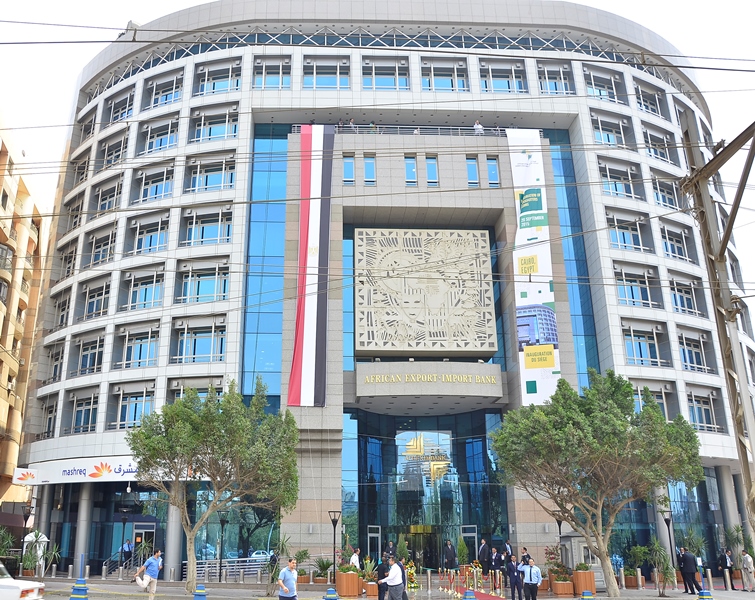The African Export-Import Bank (Afreximbank) has moved a step further to provide a world class health facility in Nigeria for the benefit of all Africans, tagged “African Medical Centre of Excellence (AMCE). Prof. Benedict Oramah, President of the Afreximbank, spoke on Tuesday at the Groundbreaking Ceremony for the construction of the African Medical Centre of Excellence (AMCE) in Abuja, Nigeria. He said that no fewer than 3,000 Africans travel to Asia and other parts of the world to seek medical services due to lack of standard facilities in Africa. Oramah, who is also the Board Chairman of Afreximbank, reveled that Africans spend more than $5 billion annually on medical tourism, and that Nigeria alone accounts for $1 billion of the expenditure, saying this was unacceptable.
“This huge spending affects the exchange resources, free export of Africa health data also poses a great threat to continental security. In all these, Africa is the major exporter of human capital such as doctors, nurses. We use scarce resources to train these people and they leave because of opportunity. We must find a way to stop all these; COVID-19 has also taught us the need to upgrade our healthcare system and this necessitated the reason why we are commissioning this health facility site here today,’’ he said. Oramah, however, commended President Muhammadu Buhari for making available a conducive environment for the citing of AMCE, adding that, he gave a positive response when he was first intimated with the project. He also commended the leadership of Kings College Hospital, London who is playing a leading role in sharing in the view for the establishment of AMCE adding that his experience while on medical mission at the college hospital had really triggered the idea. He said that the health facility would bring more credibility in the ways we manage our health as Africans.
According to him, the AMCE will also give some legacy to Nigeria, as Africa has made some economic progress in the last three decades, and now turn to begin to reap the dividend. He said that the project would be delivered in the next 30 months, and called on all and sundry to cooperate while the project is going on. The Minister of Health, Dr Osagie Ehanire, pledged the readiness of the ministry to work very closely with the leadership of Afreximbank based on their experience on the continent of the world. “It has not been easy here in Nigeria, we have our own challenges. We have to align many of our activities here with the law of the land.” Ehanire said that the ministry would work toward finding solutions to some of the problems bedeviling the health sector through forming greater partnership with stakeholders. He added that the ministry would work to ensure that AMCE delivers on its promise, stressing that the COVID-19 pandemic had given the health sector an opportunity to review some of its activities.
“The health sector in Nigeria requires modernization and improvement, from primary healthcare, to secondary healthcare and tertiary healthcare. This hospital projected to be established here will raise the bar of Africa,’’ he said. On his part, President Muhammadu Buhari, stated that the establishment of AMCE in Nigeria demonstrated the commitment of the Nigerian Government and Afreximbank to the wellbeing of the African people. He stated that it also recognised the fact that the wealth of a nation rests squarely on the health of its population, adding that the rising case of Non-Communicable Diseases (NCDs) in Africa really calls for serious concern. According to him, cardiovascular ailments including cancer and haematological disorders have increasingly become matters of concern in public health. “These ailments are now the highest contributors to NCDs mortalities, representing more than 81 per cent of all NCDs deaths in West. The World Health Organisation (WHO) projects that deaths on the African continent attributable to cancer and diabetes are expected to rise over the next 10 years. “The rising NCD burden coupled with inadequate medical infrastructure on the continent make for a lethal combination that threatens the future of our people. At a glance, many hospitals in the West African region are underfunded, underequipped, understaffed and relatively inaccessible to most patients in rural areas,” he said. (NAN)

